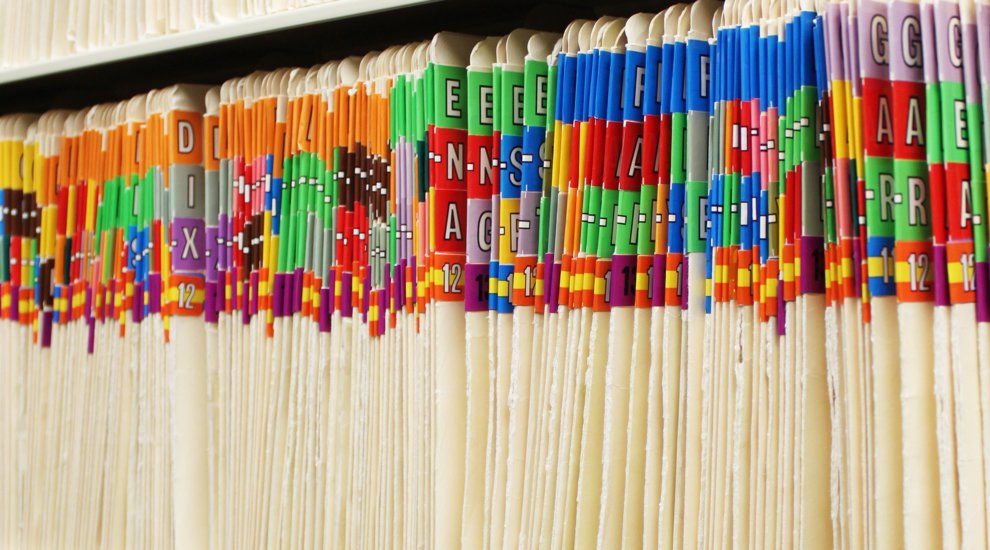Factom , an Austin-based blockchain technology company offering data management and record keeping support for business, announced it is the recipient of a Bill and Melinda Gates Foundation grant. The intent of this funding is to address one of the world’s most urgent problems — the maintenance of medical records that are secure, readily accessible and reliable.
Prevailing medical record systems are typically paper-based and stored in hard copy files. This system becomes a problem, particularly in the developing world, when people relocate or if a region becomes politically or economically unstable. Creating an infrastructure for medical records that is individual-based and secured via the Factom blockchain addresses both of these issues in a cost effective and pragmatic way, offering real benefits to poorer countries.
With advances in this solution, medical providers and clinics will have a greater ability to address disease conditions and manage care in areas often lacking technological resources. By way of example, through the use of a smartphone a medical professional can access the record of a baby born in a remote area to ensure they are receiving correct vaccinations. The same for an HIV-infected person where viral load measurement results need to be identified. The hope is that blockchain technology will save lives as well as money in nations that are currently dealing with some of the world’s most deadly diseases.
The broader objectives of the Gates Foundation align well with Factom’s core belief that people and institutions can solve hard problems and change the world for the better when they have a reliable framework to build on.
“We for a very long time have been trying to make the world a more honest and transparent place,” Peter Kirby, CEO and Co-Founder of Factom said to Bitcoin Magazine. “Our work has led to the creation of some interesting materials on blockchain’s contribution to the records identity space and why that matters.”
Kirby recounted the conversation with a Gates Foundation staff member who reached out to inquire whether Factom’s innovative solutions might work for some of the problems the foundation is trying to solve. “How can the blockchain be used in a way that allows people to have access to their medical records? How do you deal with places in the world where central databases and central governments are messy? What can be done to keep track of things like vaccine records? These were the type of questions they asked.”
The good news, said Kirby, is that the blockchain’s attributes as a giant distributed data resource make these sorts of solutions possible. Describing the medical records realm as “one of the biggest, hairiest record-keeping problems on earth,” Kirby said that the biggest challenge in this quest is in how to deliver a solution that “balances privacy and transparency.” Another issue is how to make all of this work in environments that have low rates of web connectivity and a population without fancy smartphones.
Kirby is quick to point out that Factom’s engineers have been pondering solutions to these sorts of questions for a very long time. “We have a pretty good strategy for it, although we are not disclosing all of the details yet. We’d like to build it and get it working before we show it off and talk about it too much.”
The system for medical records in the U.S. is saddled with heavy regulatory burdens primarily focused on issues of privacy. There are often many hoops to jump through around Health Insurance Portability and Accountability Act (HIPAA) compliance and data integrity. Meanwhile, the developing world is also in urgent need of simple solutions in this space.
The Gates Foundation specifically has a mandate to create these sorts of opportunities in the very poorest countries in the world, where the amount of money available to spend on essential projects is limited. Similar to the way that a big leap forward is taking place with mobile phones in the developing world, there is an expectation that the same can hold true for the blockchain in terms of record-keeping, identity, and privacy.
“Our goal with this new partnership is to demonstrate how global identity and record-keeping as a public utility is possible,” Kirby said. “We hope to show how individuals can manage important, private records like medical records using very simple tools and a lot of backend cryptography. My belief is that the blockchain will be used more and more over time for these aims. If we all follow these core beliefs, we will get to a very, very good place in this world.”
The post Gates Foundation Grant Boosts Factom’s Blockchain-Based Medical Record Development appeared first on Bitcoin Magazine .

